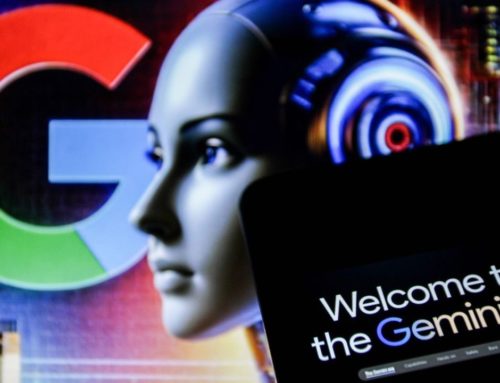The show’s fifth season, which releases today, includes only three episodes, presumably in deference to the outsize demands of last year’s interactive episode, "Black Mirror: Bandersnatch."
"Smithereens," which features Andrew Scott as the hostage-taking driver in question and Topher Grace as Bauer, hinges on a familiar gripe with social media—so familiar, in fact, that the episode never quite latches onto the essence of the show it belongs to. Black Mirror’s best episodes feature either a speculative vision of the future, a funhouse-mirror distortion of our worst digital selves, or both. "Smithereens," with its present-day setting and its predictable twist, might as well be a well-acted episode of CSI: Cyber. (Scott, who recently showed up in Fleabag’s second season, turns in a moving, jittery performance.)
"Striking Vipers," the second episode, at least tries to bend the mind in a new direction—unless you’re already tired of boy-meets-girl, boy-marries-girl, boy-plays-virtual-reality-fighting-game-with-old-friend-and-ends-up … (well, let me not spoil it here) stories. Black Mirror has dealt with VR more than a few times, but never has it grappled so frankly with the unprecedented ways virtual embodiment can upend the human experience. When you’re able to inhabit a different body, what do that body’s actions mean for the IRL you? Is what happens in VR real enough to constitute infidelity? Can it shift your sexuality or even your gender identity? What starts out feeling cartoonish ends up legitimately affecting, anchored by solid turns from the episode’s core trio (Anthony Mackie, Nicole Beharie, and Yahya Abdul-Mateen II).
The final episode is … well, it’s bad. The tale of a young teen (Angourie Rice) who receives an Alexa-like cutesy-robot version of her favorite pop star, Ashley (Cyrus), is nominally a warning about music-industry exploitation and artistic empowerment, but it never gets out of hackneyed territory.
Black Mirror has one of the highest degrees of difficulty on television. A speculative dark-satire anthology is hard enough, let alone making each episode a bracing extrapolation of one of the many ways people have mortgaged their humanity for convenience and narcissism.
Sourced through Scoop.it from: www.wired.com







Leave A Comment